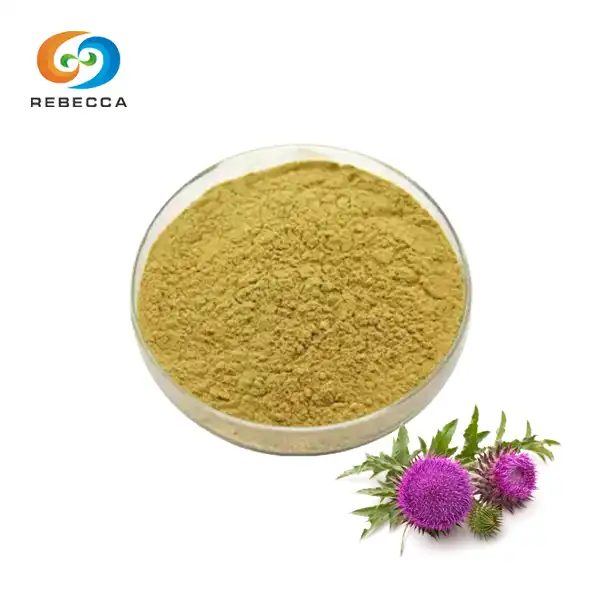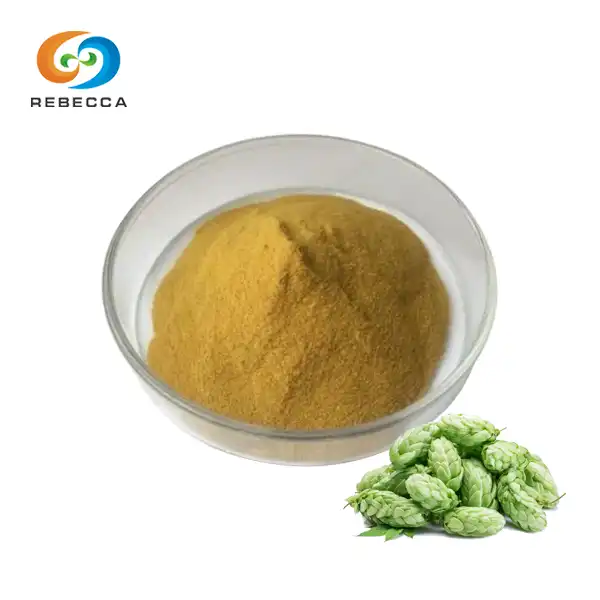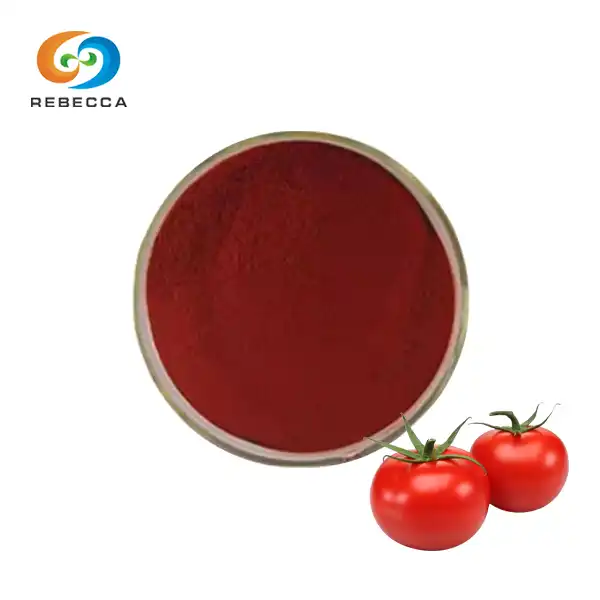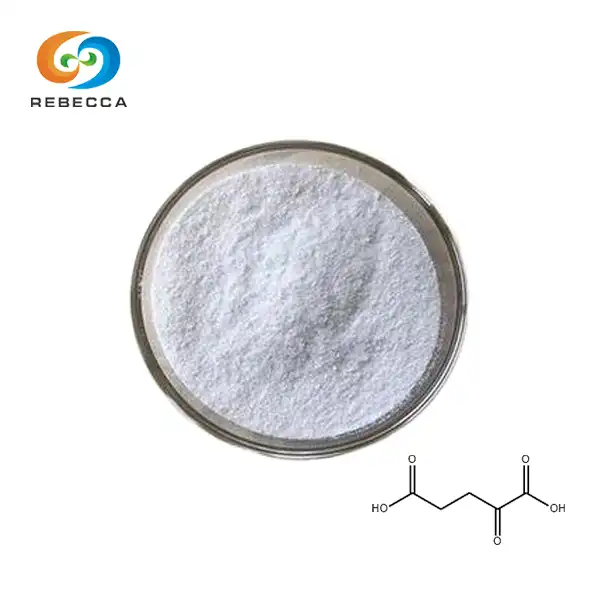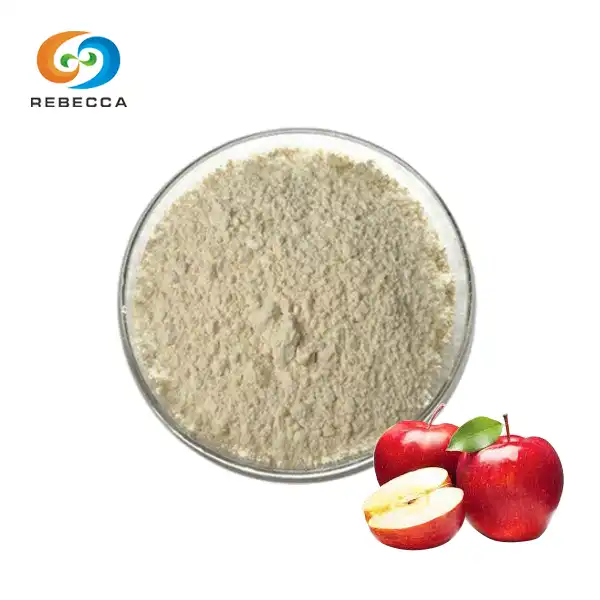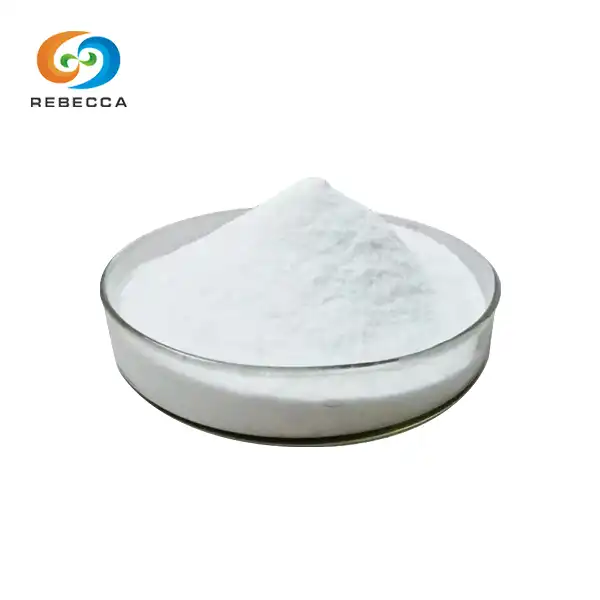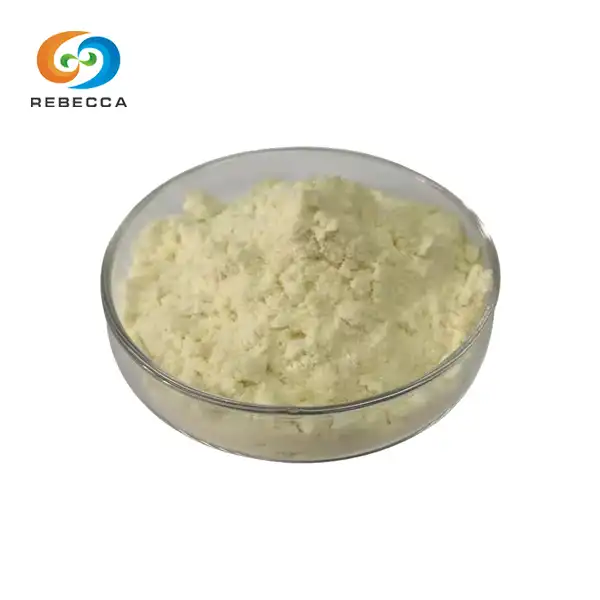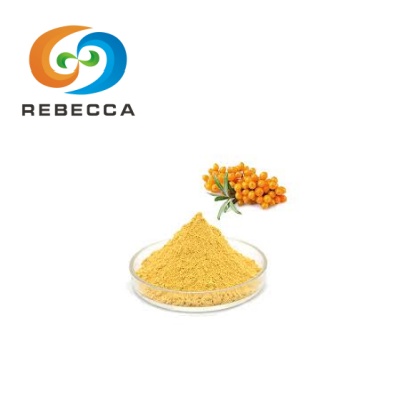What is the nutritional difference between peanut shell extract and peanuts?
When we think of peanuts, most of us consider only the edible kernel inside, discarding the shell as waste. However, recent scientific research has revealed that peanut shells contain valuable bioactive compounds with potential health benefits. This has led to increased interest in peanut shell extract as a nutritional supplement and functional ingredient. Understanding the nutritional differences between extract and peanuts themselves can provide insights into their respective applications in health, nutrition, and industry.
Core Nutrient Composition
The nutritional profiles of peanut kernels and peanut shell extract differ significantly, each offering distinct benefits for human health and nutrition.
Peanuts themselves are nutrient-dense foods that provide substantial amounts of protein, approximately 25-28% by weight. They contain about 49-50% fat, predominantly monounsaturated (MUFA) and polyunsaturated fatty acids (PUFA), which are considered heart-healthy. Peanuts are also good sources of dietary fiber (8-10%), carbohydrates, and essential micronutrients including vitamin E, niacin, folate, magnesium, phosphorus, and manganese.
In contrast, peanut shell extract presents a markedly different nutritional profile. The shells contain approximately 60-70% fiber, primarily in the form of cellulose, hemicellulose, and lignin. Unlike the kernels, peanut shells contain minimal protein (typically less than 8%) and very little fat (around 1-3%). However, what makes extract particularly valuable is its concentration of specialized bioactive compounds rather than macronutrients.
The fiber content in the extract is primarily insoluble, which means it passes through the digestive system largely intact. This characteristic makes it valuable for industrial applications rather than direct nutritional supplementation. The extract does contain small amounts of minerals such as potassium, calcium, and magnesium, though in lower concentrations than found in the kernel.
From a caloric perspective, peanut kernels are energy-dense, providing approximately 567 calories per 100 grams, while peanut shell extract contributes minimal calories due to its low fat and protein content and high proportion of indigestible fiber. This makes the extract potentially useful in formulations where caloric content needs to be minimized.
The carbohydrate composition also differs significantly. While peanuts contain simple carbohydrates and starches that can be metabolized for energy, peanut shell extract contains complex carbohydrate polymers that human digestive enzymes cannot break down effectively. These complex carbohydrates include cellulose and hemicellulose, which constitute the structural components of plant cell walls.
Research has shown that peanut shell extract contains phenolic compounds, including luteolin, which is often standardized in commercial extracts. These compounds contribute to the extract's antioxidant properties but are not typically classified as essential nutrients in the conventional sense.
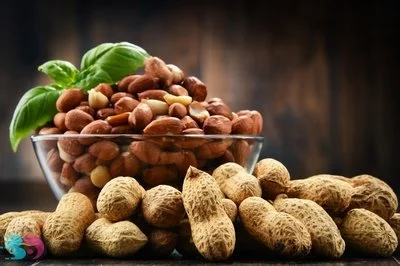
Bioactive Compounds
While the basic nutrient profiles of peanuts and peanut shell extract are important, what truly distinguishes peanut shell extract is its rich array of bioactive compounds that offer potential health-promoting properties. These phytochemicals, though present in minute quantities, may exert significant biological effects.
Peanut shell extract contains a diverse range of polyphenolic compounds that serve as powerful antioxidants. Among these, luteolin stands out as a particularly significant flavonoid. Research indicates that luteolin possesses antioxidant, anti-inflammatory, and potentially anti-cancer properties. Commercial extracts are often standardized to contain specific percentages of luteolin, typically ranging from 95-99% purity when isolated.
Tannins, another group of polyphenols found in peanut shells, have demonstrated antimicrobial properties in laboratory studies. These compounds may help inhibit the growth of certain bacteria and fungi, suggesting potential applications in natural preservation or as antimicrobial agents.
Peanut shells also contain lignans, plant compounds that act as phytoestrogens. These compounds have structural similarities to human estrogen and may modulate estrogen receptor activity, potentially offering benefits for hormonal balance and metabolic health.
In comparison, peanuts themselves contain different bioactive compounds. The kernels are rich in resveratrol, p-coumaric acid, and phytosterols, which have been associated with cardiovascular benefits. Peanuts also contain coenzyme Q10 and bioactive peptides that are absent or present in much lower concentrations in the shell extract.
The bioavailability of these compounds differs between peanuts and their shell extract. The bioactive compounds in peanut kernels are often associated with the fat component, which may enhance their absorption. In contrast, many of the bioactive compounds in peanut shell extract are bound to the fiber matrix, potentially affecting their bioavailability and absorption in the digestive system.
Recent research has focused on extraction methods to optimize the yield of these bioactive compounds from peanut shells. Techniques such as ultrasound-assisted extraction, microwave-assisted extraction, and supercritical fluid extraction have been developed to increase the concentration of valuable compounds while minimizing the co-extraction of undesirable substances.
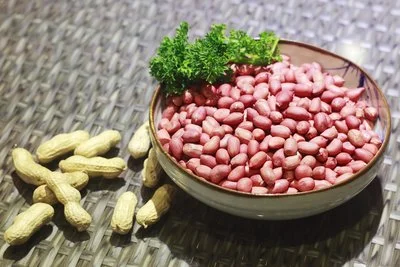
Primary Uses & Functions
The distinct nutritional profiles of peanuts and peanut shell extract naturally lead to different applications in health, nutrition, and industry. Understanding these applications helps illustrate the complementary roles these products can play.
Peanuts have been a staple food source for centuries, valued primarily for their protein and energy content. They serve as important dietary components in many cultures, providing essential nutrients in forms ranging from whole peanuts to peanut butter and peanut flour. In nutrition, peanuts contribute to satiety due to their balanced macronutrient profile and are often recommended as part of heart-healthy diets due to their favorable fatty acid composition.
Peanut shell extract, however, finds its primary applications in the nutraceutical and pharmaceutical industries. The concentrated bioactive compounds, particularly luteolin, are being investigated for their potential health benefits. Research suggests that luteolin may have anti-inflammatory properties that could benefit conditions characterized by chronic inflammation.
The antioxidant capacity makes it valuable in formulations designed to combat oxidative stress. Studies have demonstrated that the polyphenols in peanut shell extract can neutralize free radicals and potentially reduce cellular damage associated with aging and various chronic diseases.
From an industrial perspective, the high fiber content of peanut shells makes the extract useful as a functional additive in certain applications. The insoluble fiber can serve as a bulking agent, while also potentially contributing health benefits associated with dietary fiber consumption.
Unlike peanuts, which may cause allergic reactions in sensitive individuals, peanut shell extract is typically processed in ways that remove or denature the allergenic proteins. This makes it potentially suitable for use in products where peanut allergenicity would be a concern, though individuals with severe peanut allergies should still exercise caution and consult healthcare providers.
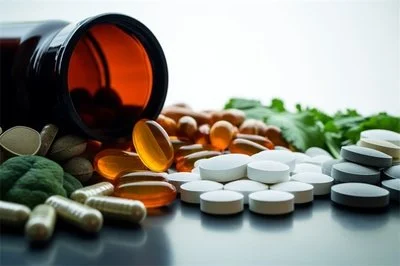
Rebecca: Peanut Shell Extract Supplier
As a leading supplier of premium peanut shell extract, Rebecca Bio-Tech specializes in extracting and purifying luteolin from peanut shells with industry-leading specifications:
- Active ingredient: Luteolin
- Specification: 98%, 99% by HPLC
- Use Part: Shell
- Appearance: Yellow crystalline powder
- Mesh size: Pass 80 Mesh
- Test Method: HPLC
Our standardized extract offers consistent potency and quality for your nutraceutical, pharmaceutical, or cosmetic formulations. Whether you're developing anti-inflammatory supplements, antioxidant products, or natural cosmetic ingredients, our premium extract provides the bioactive compounds your products deserve.
For more information or to place an order, please reach out to us at information@sxrebecca.com.
